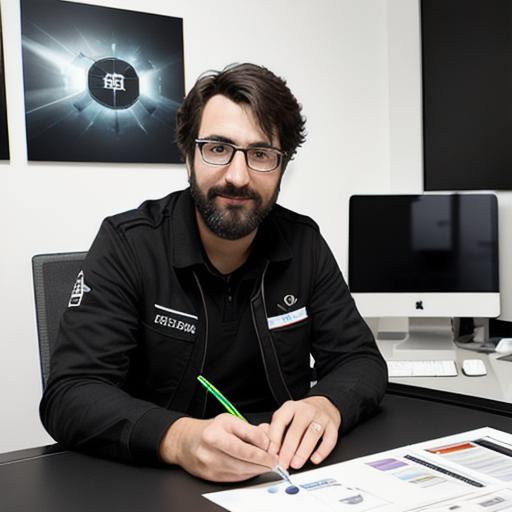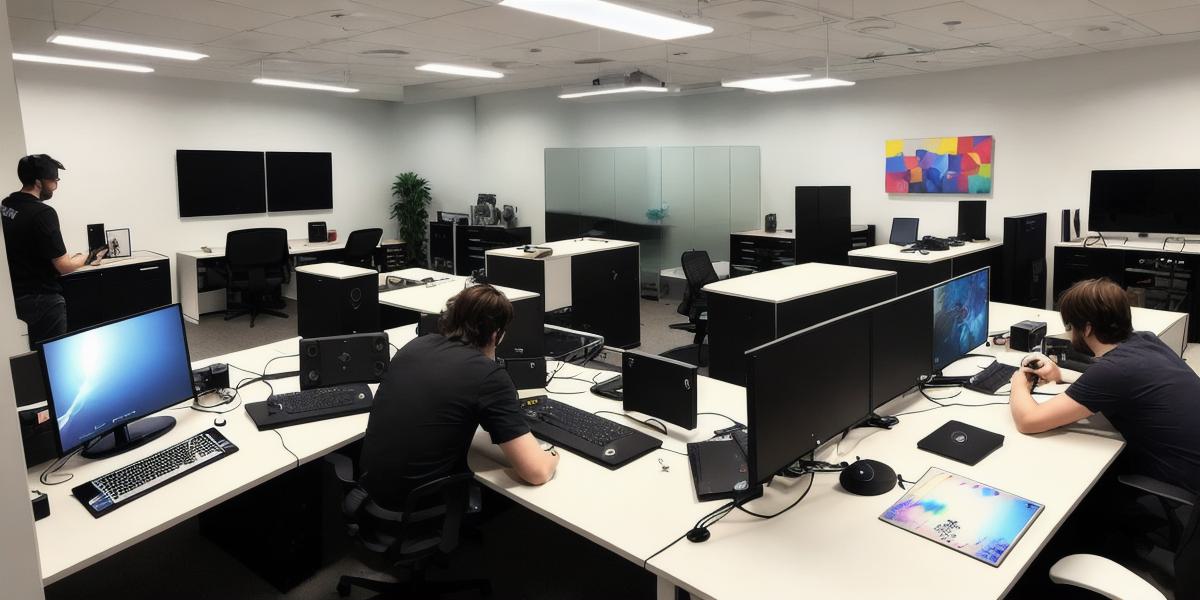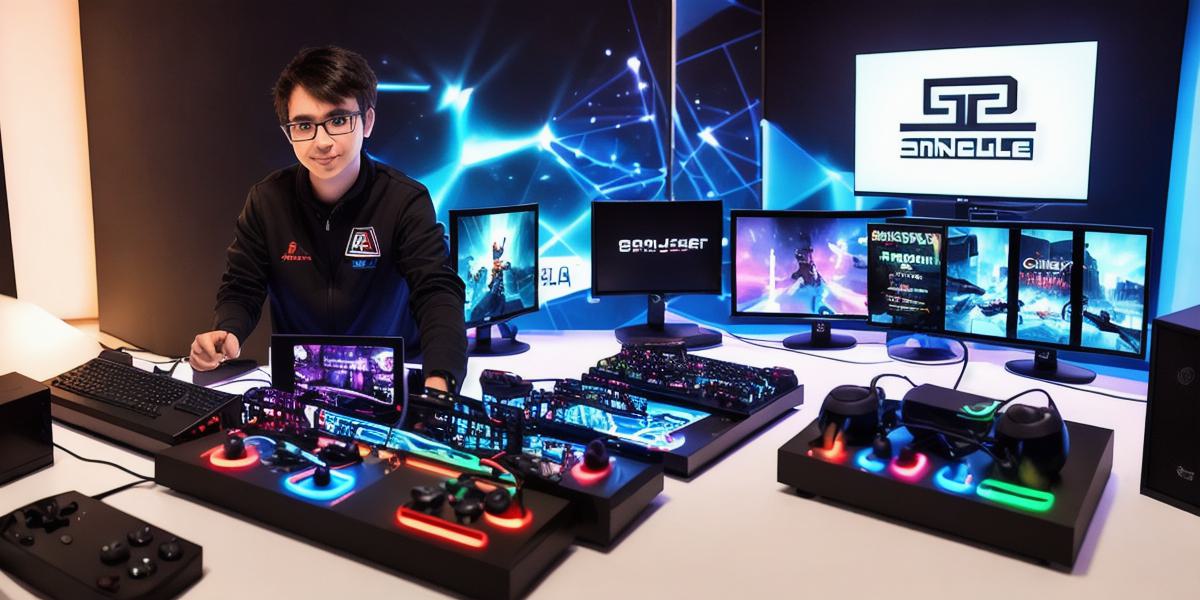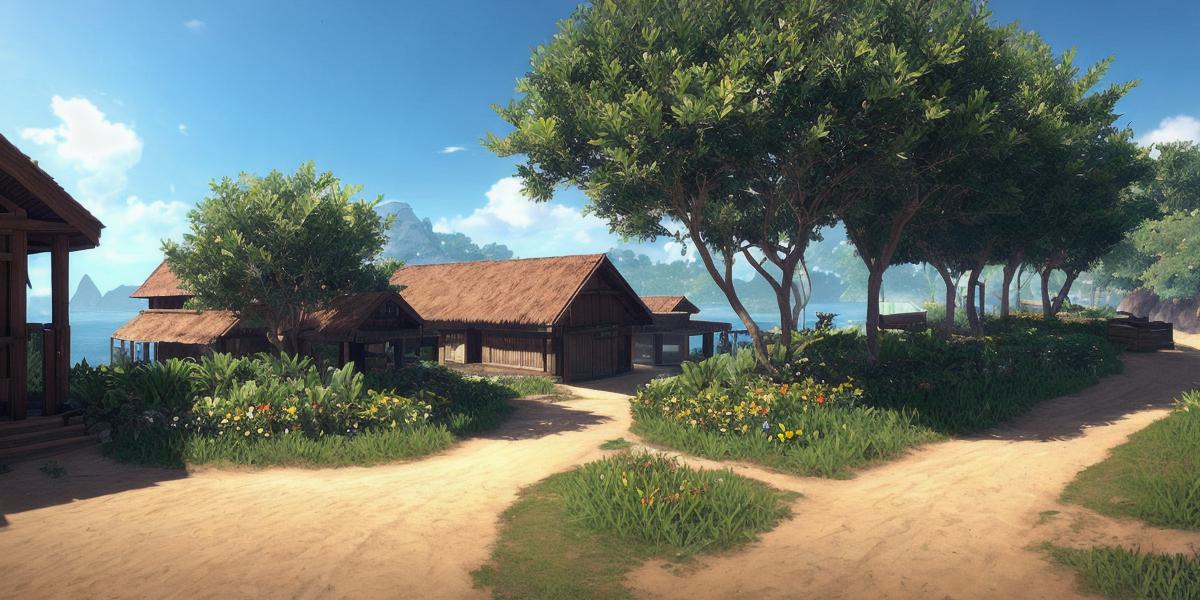Introduction:
The gaming industry has experienced rapid growth in recent years, and with it comes a diverse range of job titles and roles within game development. Whether you’re new to the field or an experienced professional looking for new opportunities, understanding the different roles and responsibilities of game development professionals can help you make informed career decisions and pursue your passion for gaming.
1. Game Designer:
Game designers are responsible for creating the overall concept, rules, mechanics, and structure of a game. They work closely with other members of the team to ensure that their designs align with the creative vision of the game and are feasible within the constraints of technology and budget. Some of the most successful games in recent years were designed by industry-renowned professionals like Hideo Kojima (Metal Gear Solid) and Shigeru Miyamoto (Super Mario Bros.).
2. Programmer:
Game programmers are responsible for writing and implementing the code that brings a game to life. They work closely with game designers and other members of the team to ensure that the game’s functionality meets the design specifications. Game programmers can specialize in different areas, such as graphics programming, user interface programming, or network programming.
3. Artist:
Game artists are responsible for creating the visual elements of a game, including characters, backgrounds, and other assets. They work closely with game designers to ensure that their creations align with the overall vision of the game. Game artists can specialize in different areas, such as 2D or 3D art, animation, or user interface design.
4. Writer:

Game writers are responsible for creating the story, dialogue, and other textual elements of a game. They work closely with game designers to ensure that their writing aligns with the overall vision of the game and meets the needs of the target audience. Game writers can specialize in different areas, such as narrative design, dialogue writing, or localization.
5. Producer:
Game producers are responsible for managing the entire development process of a game, from pre-production to post-production. They work closely with other members of the team to ensure that the project stays on schedule and within budget, while also meeting the creative vision of the game. Game producers can specialize in different areas, such as production management, marketing, or business development.
6. Quality Assurance:
Game quality assurance (QA) professionals are responsible for testing and ensuring that a game is free from bugs, glitches, and other issues that could impact the player’s experience. They work closely with developers to identify and report issues, as well as develop test plans and scripts to ensure that the game meets quality standards.
7. Audio:
Game audio professionals are responsible for creating the sound effects, music, and other audio elements of a game. They work closely with game designers and other members of the team to ensure that their creations align with the overall vision of the game and enhance the player’s experience. Game audio professionals can specialize in different areas, such as sound design, music composition, or voice acting.
8. Marketing:
Game marketing professionals are responsible for promoting a game and generating interest among potential players. They work closely with developers to create marketing campaigns, develop trailers, and create other promotional materials that showcase the game’s features and benefits. Game marketing professionals can specialize in different areas, such as social media marketing, influencer marketing, or event marketing.
Conclusion:
Understanding the different roles and responsibilities of game development professionals can help you make informed career decisions and pursue your passion for gaming.



